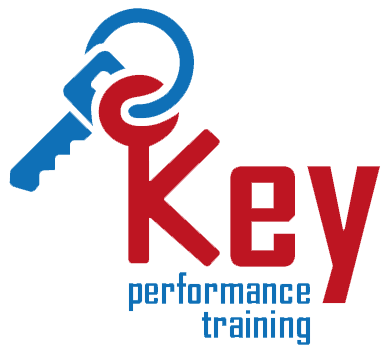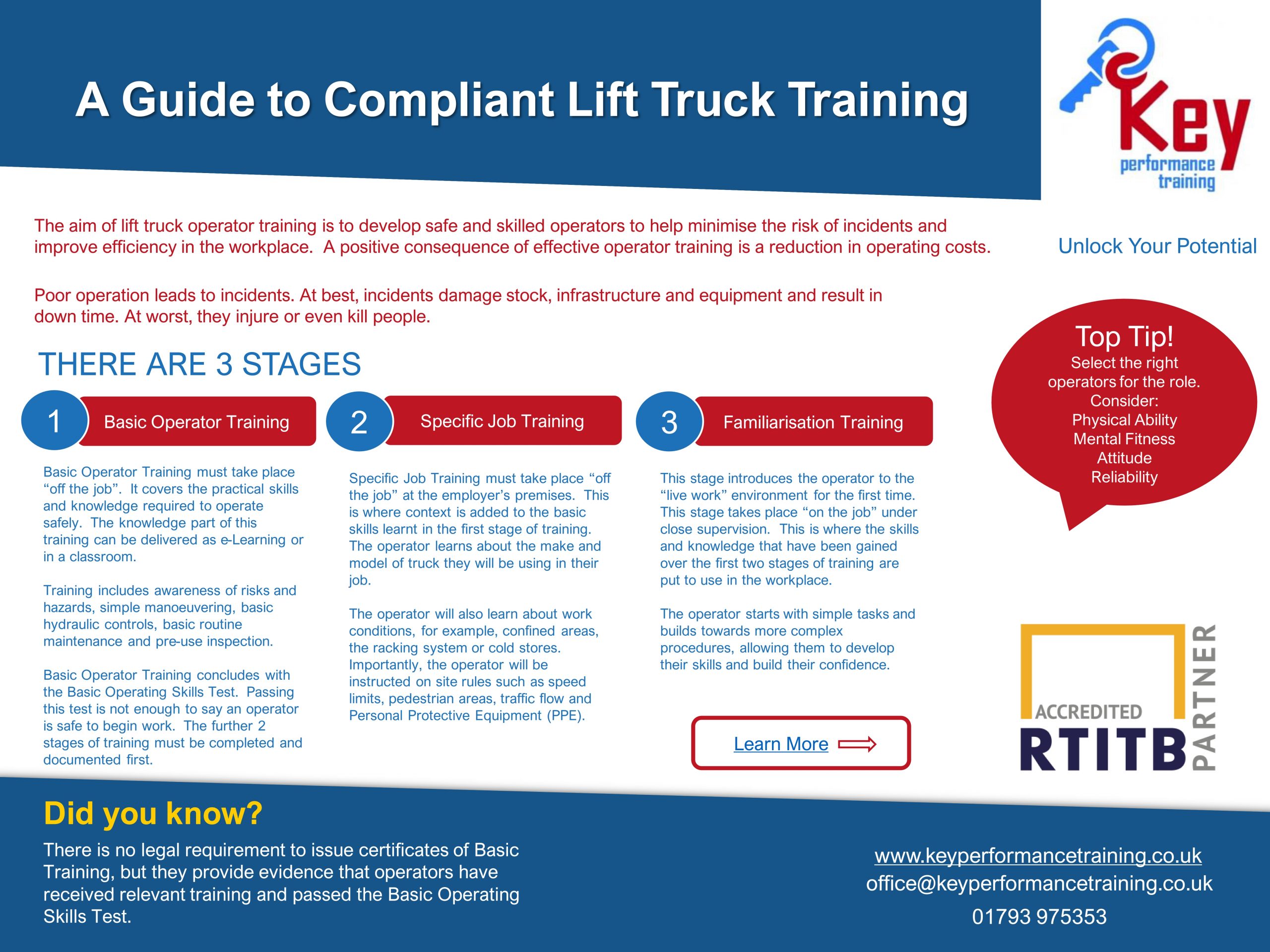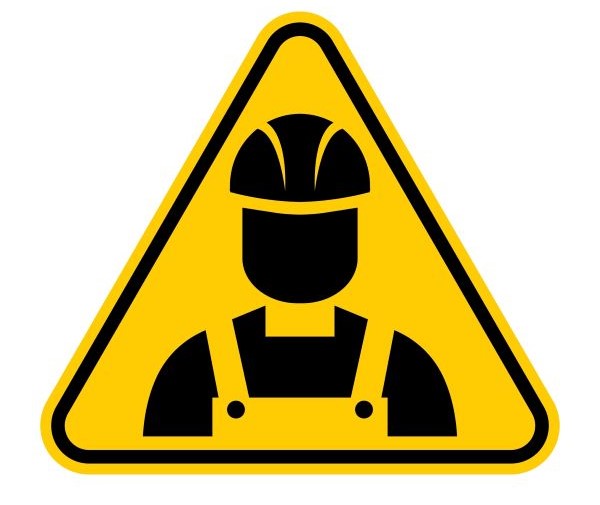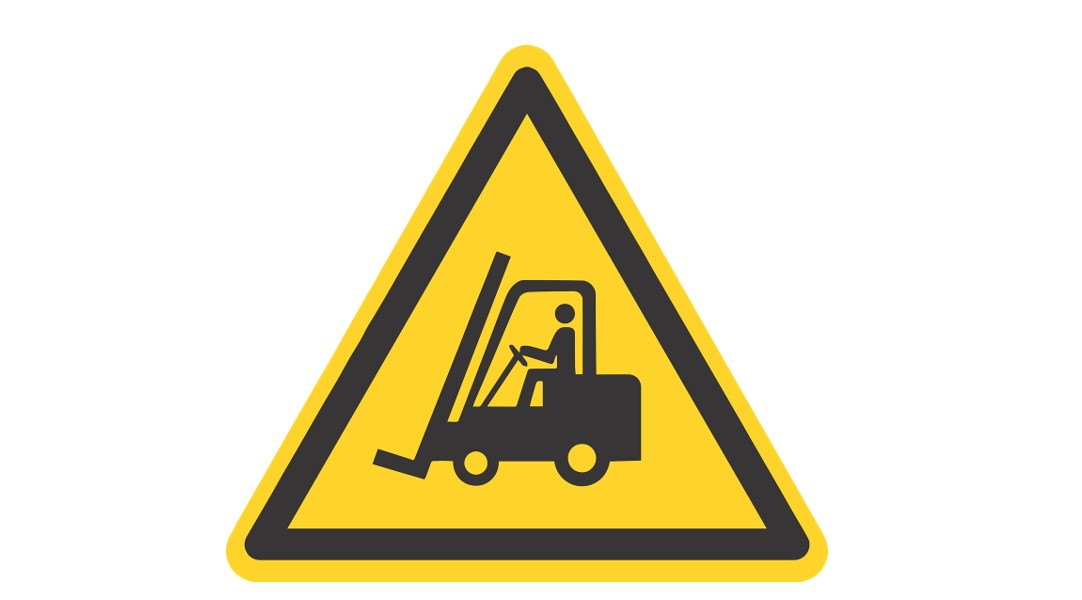
Want a great excuse to go online shopping?

want a great excuse to go online shopping?
We’re always looking at ways to support the charities that we work with, and so we’re delighted to share this fantastic way the UK Mental Health Foundation have created to raise funds whilst you shop online.
They have teamed up with “Give as you Live Online”. When you shop at over 6,000 top stores including John Lewis & Partners, Expedia and Marks & Spencer via “Give as you Live Online”, they’ll turn a percentage of your spend into free funds for the UK Mental Health Foundation!
Simply sign up (https://www.giveasyoulive.com/join/mhf?utm_source=charitytoolkit&utm_content=185&utm_medium=post&utm_campaign=doubledonationsaug23&bbeml=tp-EbFsTopOv0SfkgIhAgzciA.jwWz9WFucoE2e9eyybPo6wg.rCfeDrQXkVEC54rJMs6iXtQ.l-PB0qg85WEynPS3xd-JSeQ) , search for the retailer and start shopping. It’s that simple!

Any donation you make will help them carry on their work protecting mental health. From research showing the mental health ill-effects of the cost-of-living crisis, to programmes that protect youth mental health they are committed to preventing mental health problems from developing or worsening.
So, if you needed a great excuse to go online and shop today, here it is. It’s for a great cause and one that we at Key Performance Training, are proud to support and promote.
Want to learn more about how you can support people with Mental Health issues? Check out our website for information on our Mental Health First Aid Courses – https://keyperformancetraining.co.uk/first-aid-training/
Contact us on 01793 975353 or rachel.gearon@keyperformancetraining.co.uk for more information about how we can help or to book your course today.

Need more information?
For more information please do get in touch – via our contacts page, email us or just give us a call on 01793 975353














